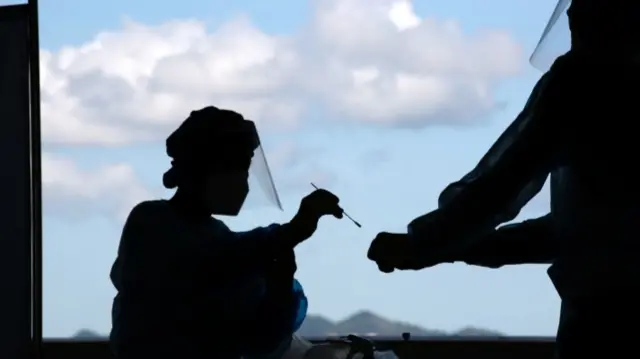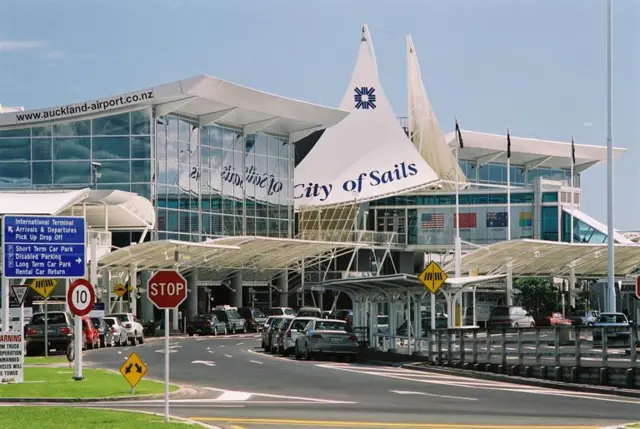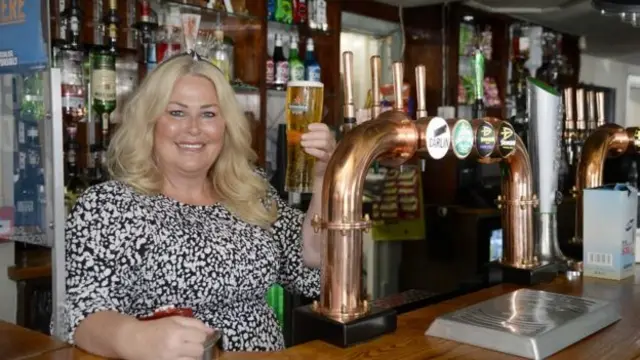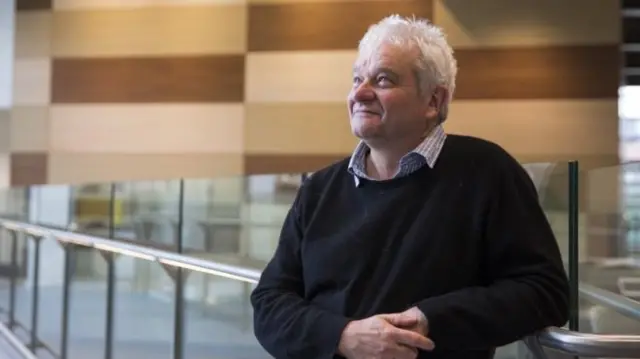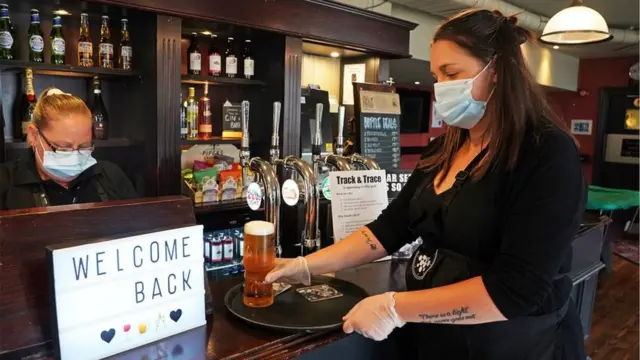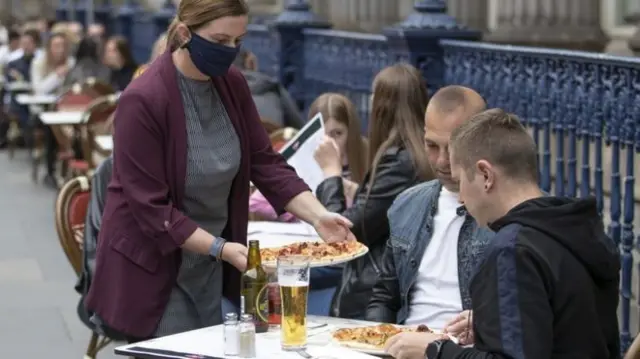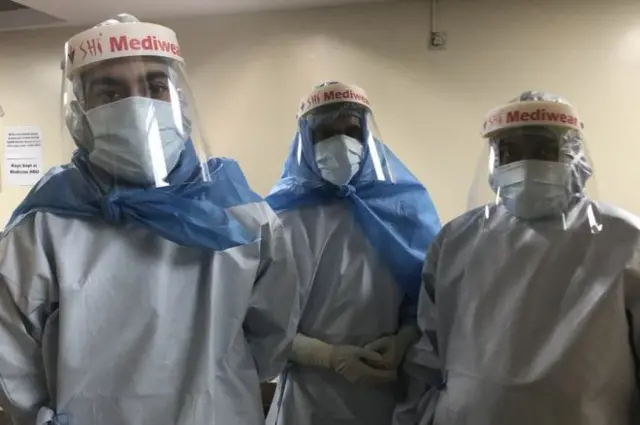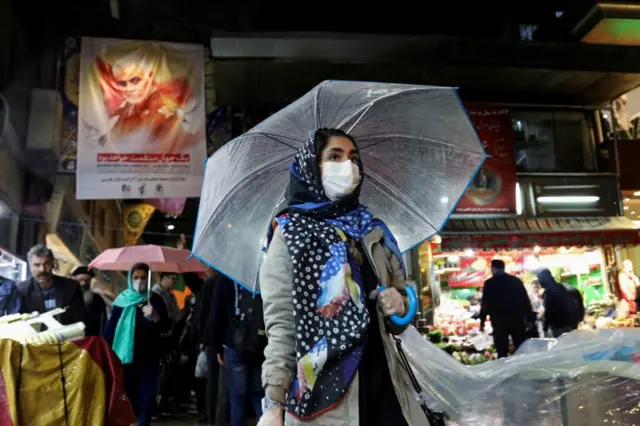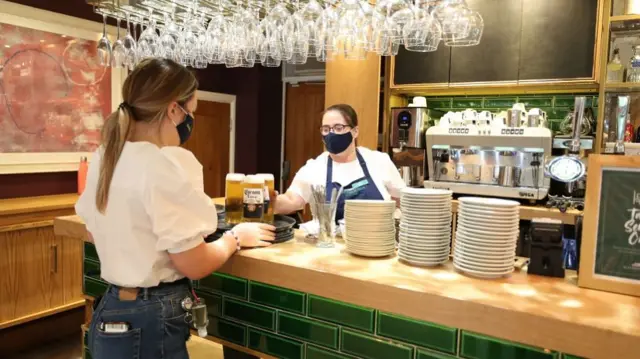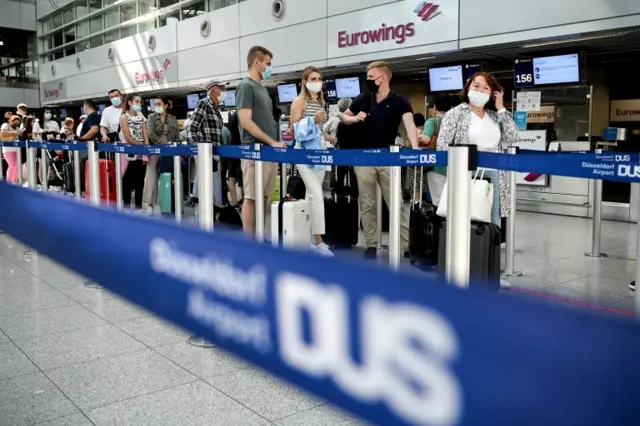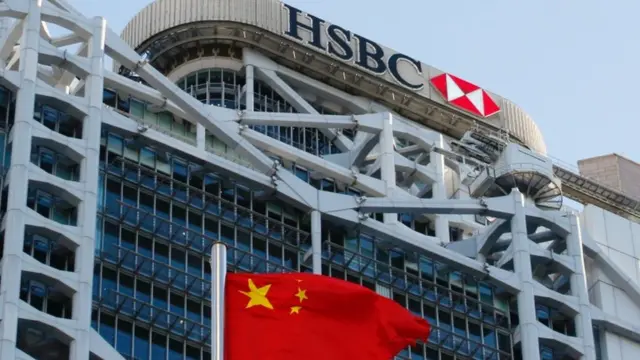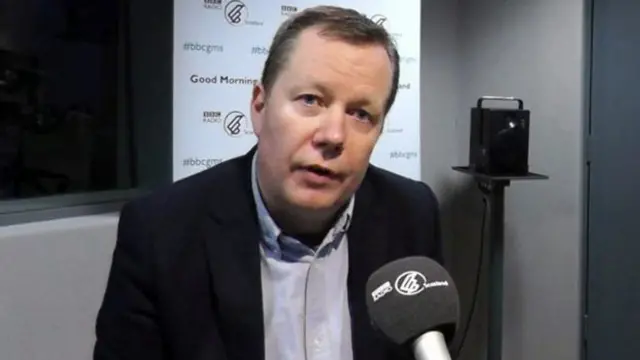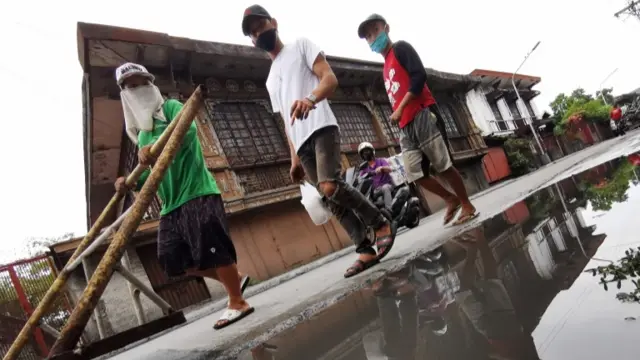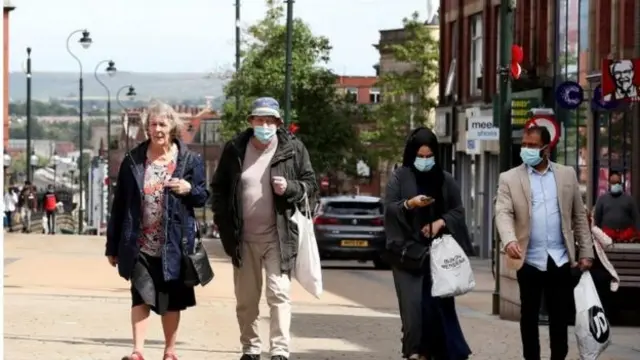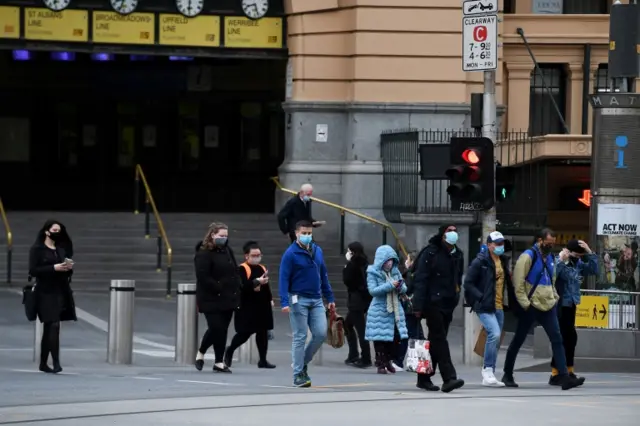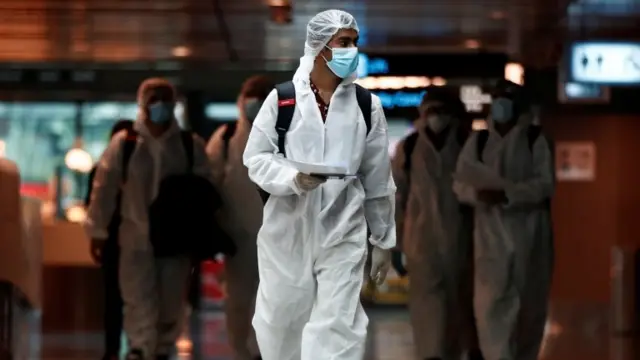City under UK's first local lockdown begins to ease restrictionspublished at 10:03 BST 3 August 2020
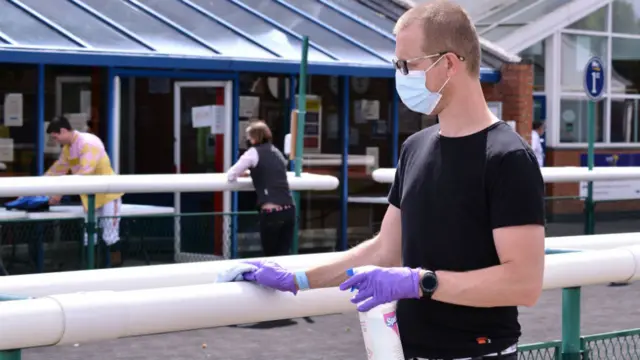 Image source, PA Media
Image source, PA MediaBusinesses across the city - including Leicester Racecourse - have put extra safety measures in place
It's a big day in Leicester in England. Restaurants, pubs and haidressers in the city - which saw the UK's first local lockdown - are allowed to open for the first time since March.
Businesses have spoken of their relief at finally being able to resume trading.
"Four-and-a-half months we have been shut. It is quite demoralising," said restaurant owner Dharmesh Lakhani.
"We are already one month behind the rest of the country. That was the toughest part. It made us feel inadequate."
Although he said he believed it would be a "slow start", Dharmesh said he was "really, really excited to finally get a chance to open the business and get into some sort of routine and normality".
Leicester was told it had to remain shut under a local lockdown at the end of June, as businesses elsewhere in England prepared to open.
